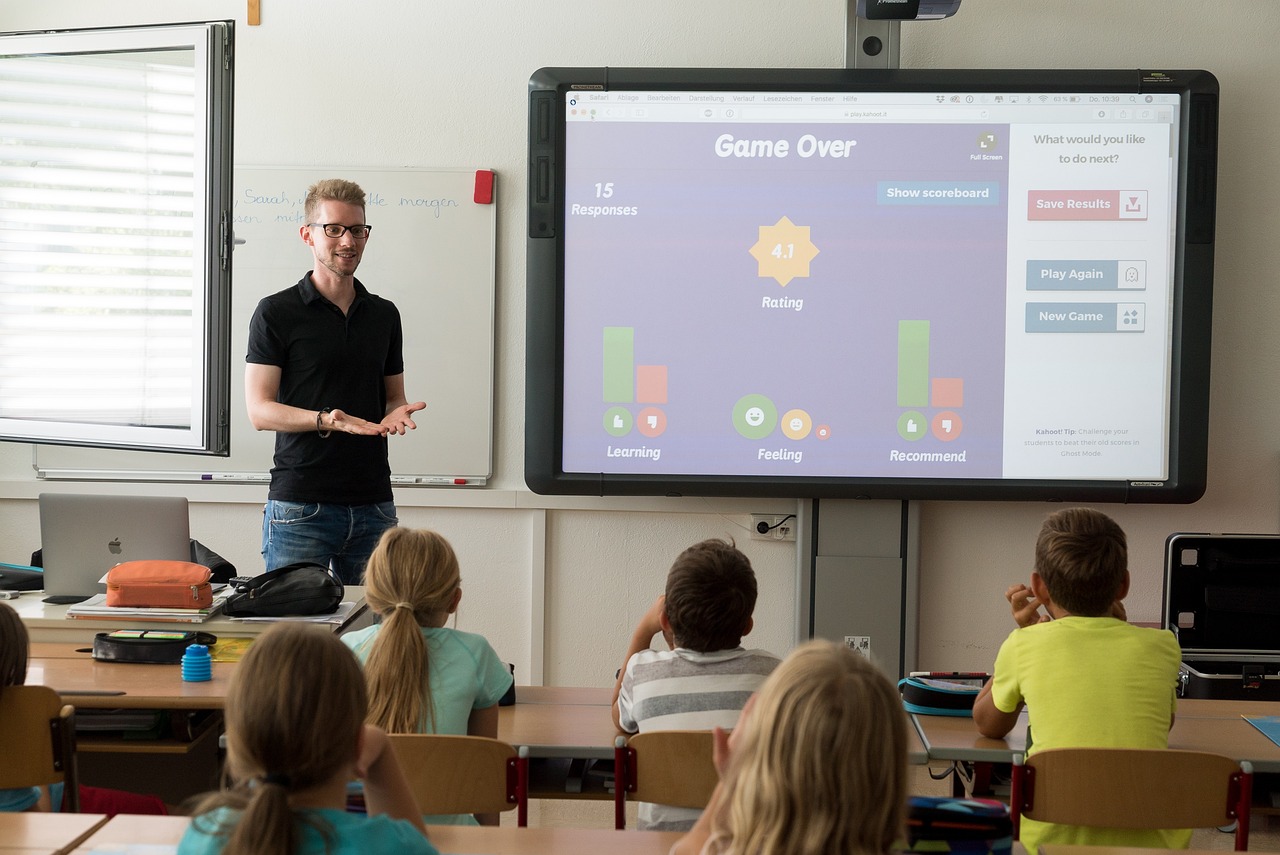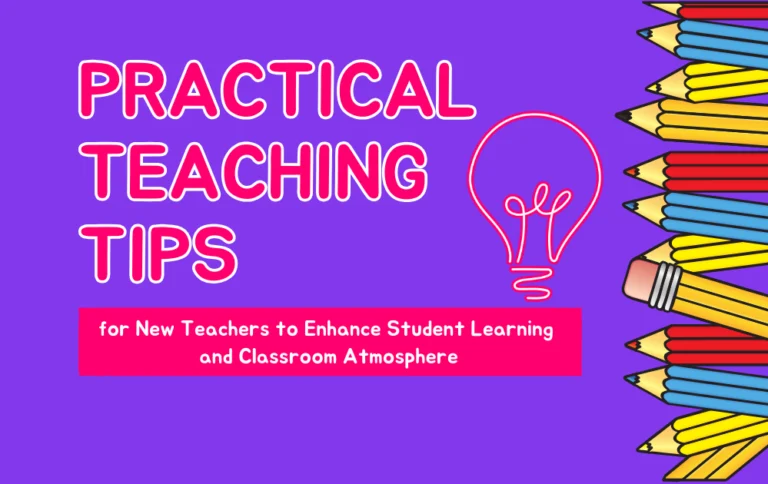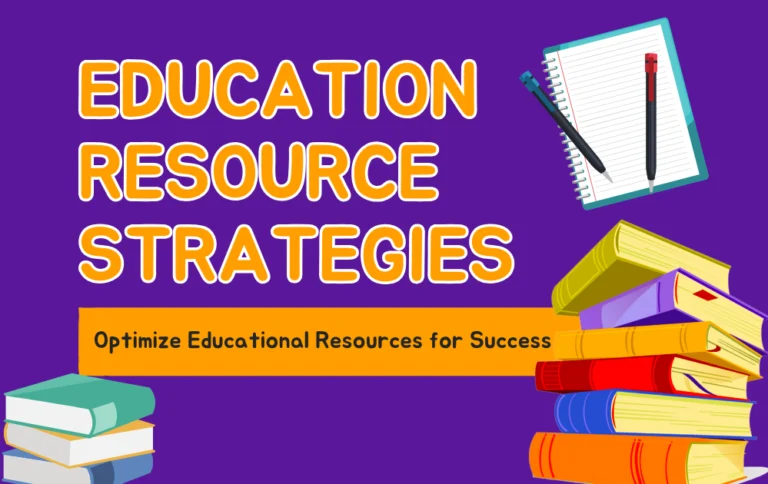Math Core Curriculum Standards: Discovering Fun for Preschool and 1st Grade
Math Core Curriculum Standards:
As a parent, teacher, or future educator, understanding the M-CCS for 1st grade is essential for guiding young learners through foundational concepts. These standards, often aligned with the Common Core State Standards (CCSS), are designed to ensure students develop strong mathematical skills that prepare them for future academic success. Here’s an overview to help you navigate this critical topic.
What Are Math Core Curriculum Standards?
The M-CCS outline the essential mathematical skills and knowledge students should acquire by the end of each grade. For 1st grade, these include:
- Operations and Algebraic Thinking: Solving addition and subtraction problems within 20 and understanding the relationship between addition and subtraction.
- Number and Operations in Base Ten: Extending counting to 120 and understanding place value.
- Measurement and Data: Telling time to the hour and half-hour, and interpreting simple data sets.
- Geometry: Recognizing and creating shapes, and understanding their attributes.
These standards aim to build a strong foundation in number sense, problem-solving, and logical reasoning.
Why Are These Standards Important?
Adhering to the math core curriculum standards ensures consistency in learning outcomes across schools and states. For teachers and parents, it provides a roadmap for:
- Structuring lessons and activities.
- Assessing a child’s progress.
- Identifying areas where additional support is needed.
Resources for Teaching 1st Grade Math
- Interactive Tools: Use digital apps and games that align with CCSS to make learning fun. Check out Digital Intelligente Coding for a variety of digital products tailored for young learners.
- Practical Activities: Incorporate math into daily activities, such as grocery shopping (e.g., counting items) or cooking (e.g., measuring ingredients).
- Workbooks and Printables: Provide practice problems and hands-on activities for reinforcement. For physical teaching materials, explore options available on Amazon.
How to Support 1st Grade Students in Learning Math
As parents and educators, there are many ways to help students master the math standards. Here are some practical resources and strategies for reinforcing math concepts outside of the classroom:
- Interactive Tools: Digital apps and games that align with the CCSS can be a fun and engaging way for students to practice math skills. These tools offer interactive lessons that make learning enjoyable and provide instant feedback. Digital Intelligente Coding, for example, offers a variety of digital products that are specifically designed for young learners, helping them practice essential math skills in an interactive environment.
- Incorporate Math into Daily Life: One of the most effective ways to reinforce math learning is to integrate it into everyday activities. For example, you can involve children in counting items during grocery shopping or ask them to help measure ingredients when cooking. These real-world activities help students apply their mathematical understanding in practical ways.
- Workbooks and Printables: There are numerous workbooks and printables available online that provide practice problems and exercises tailored to the 1st grade math standards. These resources give students a chance to reinforce what they’ve learned in class and get additional practice at home. Many websites offer free or low-cost worksheets and printables for parents and teachers to use.
- Group Activities: Organize group activities where children can work together on math problems. Peer learning helps students engage with each other’s ideas and can make learning math more enjoyable. For instance, a group activity focused on sorting shapes or creating a simple graph can help reinforce geometry and data interpretation skills.
Conclusion
By familiarizing yourself with the 1st grade math curriculum standards and using available resources, you can better support young learners in developing strong mathematical skills. These standards provide the necessary framework to ensure students acquire the foundational skills they need for academic success. Whether you’re a parent, teacher, or future educator, understanding and applying these standards will help guide students through their early mathematical development, setting them on a path to success in math and beyond.











